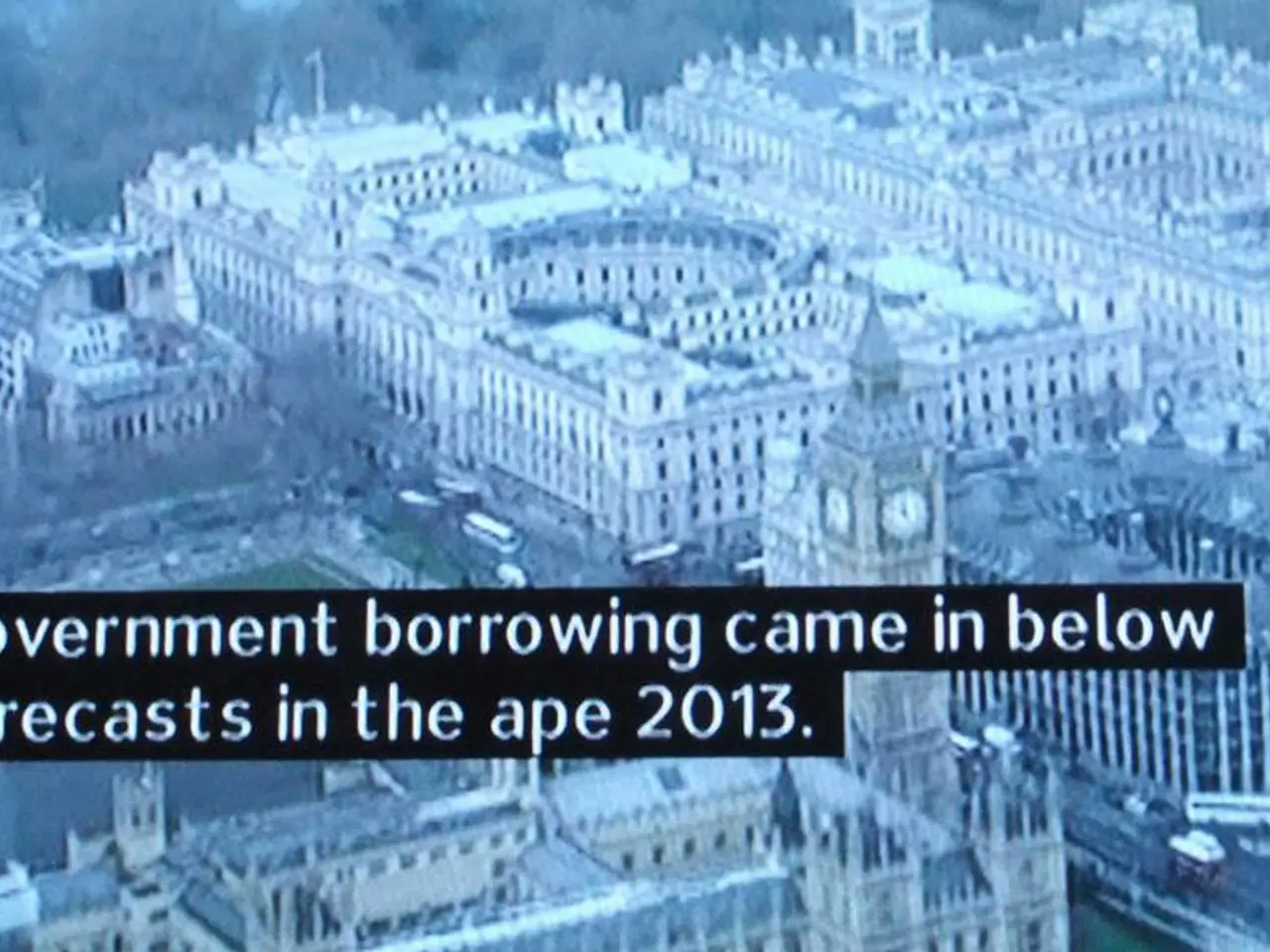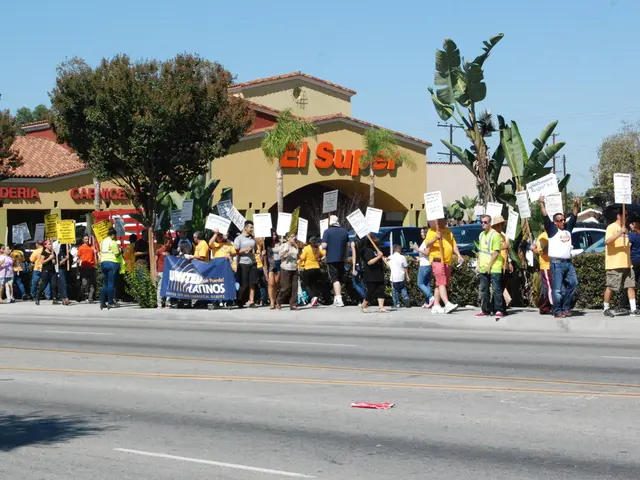Criticism by the federal government over proposed West Bank settlements
In a series of events that have raised international concern, Israel's plan to build over 3,400 new housing units in the E1 area of the West Bank has been met with widespread criticism. The proposed development, which is considered one of the most sensitive points in the conflict between Israel and the Palestinians, threatens the territorial contiguity of the West Bank and the viability of a two-state solution.
The United Nations Secretary-General has strongly condemned Israel's decision to advance this project, stating it contravenes Israel’s obligations under international law and UN resolutions. The settlement expansion in occupied territory is regarded as illegal under international law, specifically the Fourth Geneva Convention, which prohibits an occupying power from transferring its population into the territory it occupies.
The Secretary-General's concerns are shared by the European Union and Turkey. They have criticised the settlement plans, stating they exacerbate the already tense situation, further undermine any possibility of peace, and violate international law. The German Foreign Ministry, too, has called on the Israeli government to stop settlement construction, and rejects any annexation plans by the Israeli government.
The European Union's foreign policy chief, Josep Borrell, has said that such unilateral decisions undermine the territorial integrity of the State of Palestine, which is the basis for a two-state solution and the hope for a lasting peace. The German government has also criticised Israel's plans, stating they violate international law and relevant UN Security Council resolutions.
Meanwhile, tensions on the ground in the West Bank remain high. Reports suggest that Israeli settlers have attacked two villages, Susya in the south and Atara in the center, causing injuries to several Palestinians.
Israeli Finance Minister Bezalel Smotrich, who announced the plans to build in the E1 area, has threatened to assert full Israeli sovereignty in all areas of Judea and Samaria (the West Bank) if a Palestinian state is recognised next month. However, under international law, these settlements are considered illegal.
These developments come at a critical juncture in the Middle East peace process, with the UN General Assembly set to discuss the recognition of a Palestinian state in September. Smotrich's threat has been met with strong objections from multiple international actors, who view the construction as an existential threat to peace efforts and territorial contiguity in the Occupied Palestinian Territory.
The potential consequences of this plan include increased international diplomatic pressure, possible exacerbation of tensions and conflict between Israelis and Palestinians, further isolation of Israel in international forums, and complications in peace negotiations aimed at achieving a two-state solution. The international community continues to urge Israel to reconsider its actions and work towards a peaceful resolution to the conflict.
[1] United Nations Office for the Coordination of Humanitarian Affairs (OCHA) [2] United Nations Secretary-General's statement on Israel's E1 settlement plan [3] European Union External Action Service statement on Israel's E1 settlement plan
Read also:
- Weekly happenings in the German Federal Parliament (Bundestag)
- Southwest region's most popular posts, accompanied by an inquiry:
- Discussion between Putin and Trump in Alaska could potentially overshadow Ukraine's concerns
- Massive 8.8 earthquake hits off the coast of Russia's Kamchatka Peninsula, prompting Japan to issue a tsunami alert.








